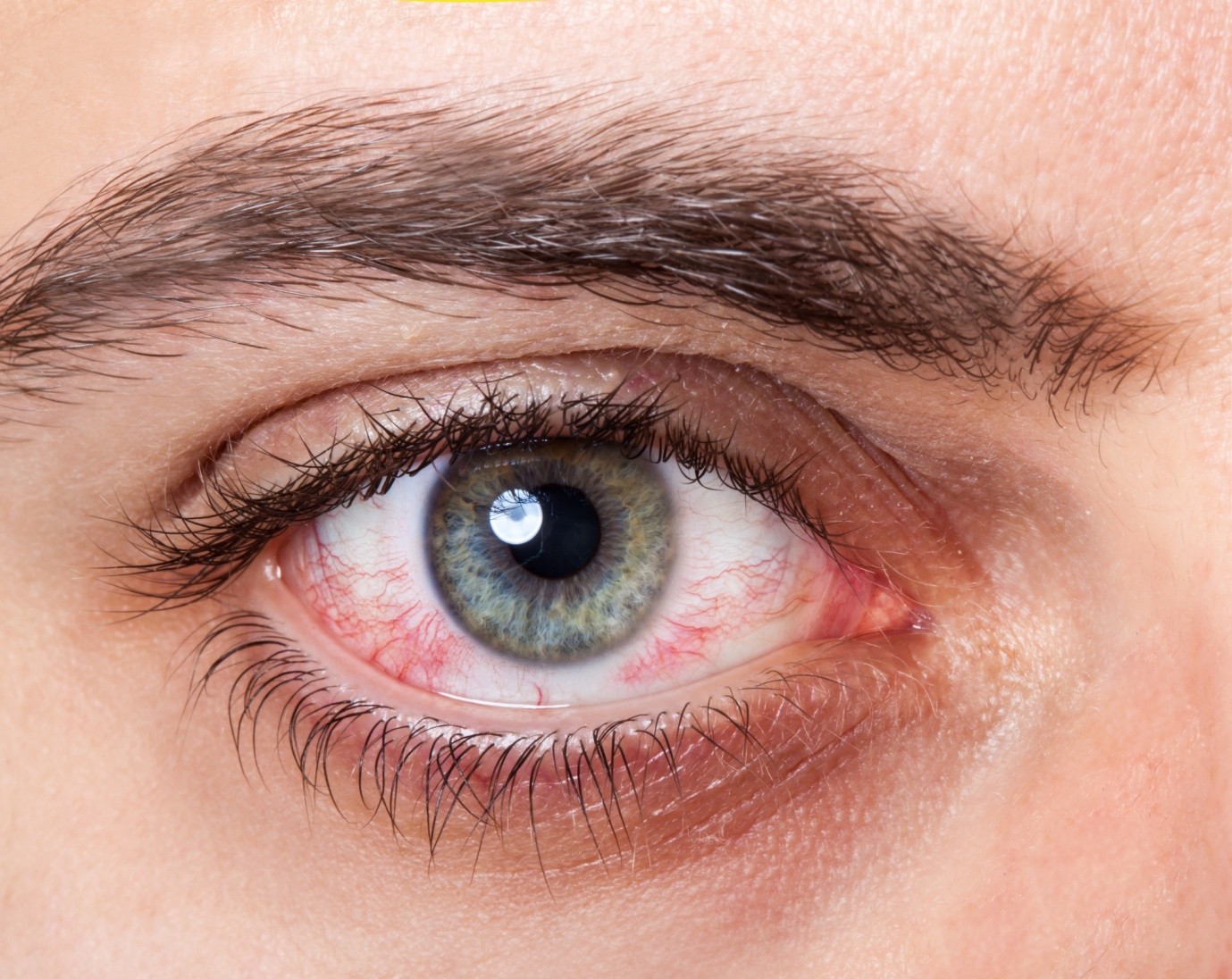Pink eyes or itchy eyes are also known as Conjunctivitis in common terms. This is a common type of eye infection that is very easily treatable. It spreads very easily and hence requires immediate medical attention.
Pink eye is a treatable condition that is found in both adults and children. It may be defined as the inflammation of the conjunctiva, a thin, clear tissue that lines the white part of the eyeball and the inner part of the eyelids. The conjunctiva inflammation makes the eyes appear red or pink due to the blood vessels being more visible.
The cause of pink eye:
There are few main reasons that may cause pink eye disease in a person, these are:
• Viruses
• Bacterial infections
• Allergens such as pet dander and dust
• Irritants such as smog that infect the eyes or eyelids
The signs and symptoms of conjunctivitis:
There are various symptoms of conjunctivitis, such as:
1. Swelling in the eyes (in the white part or in the inner side eyelids)
2. Redness of the cornea and inner eyelids
3. Increased tearing
4. Continuous discharge that is white, yellow or green in color
5. Increased sensitivity of eyes to the light
6. Crusting of the eyelashes
7. Itchiness or the burning of eyes
Types of conjunctivitis:
Pink eye or conjunctivitis is mainly of three types:
• Infectious conjunctivitis: It is caused by bacterial or viral infection. This type of allergic infection is quite contagious and it can spread easily from one person to the other. Microbes such as streptococcus or staphylococcus and virus from the aenovirus family are known to cause pink eye.
• Allergic conjunctivitis: Caused by seasonal allergic reactions from allergens such as grass, pollen and animal dander. This type of conjunctivitis appears when the person is exposed to the allergen that may cause an allergic reaction.
• Irritant conjunctivitis: Caused by environmental trigger factors such as smoke, car exhaust, air pollution, cleaning products and makeup products etc.
Also read:All about Allergic Conjunctivitis
Time to see the doctor:
In most of the cases, the pink eye problems resolve on its own without any doctor’s help. However, sometimes the condition of pink eye may require you to visit the health centre to get the specific treatment. In the following given cases you should visit the doctor:
- Severe pain in the eyes
- Sensitivity to light and vision disturbance
- Weakened immune response
- Redness in the eyes
- Symptoms do not improve even after 24 hours of antibiotic use
Treatment of conjunctivitis or Pink eye:
Different types of conjunctivitis are treated differently and it is based on the causative factors:
1. For bacterial conjunctivitis treatment, eye drops and ointments of antibiotics are available. These can make the condition improve within 3-4 days.
2. For viral conjunctivitis, you need not to use any treatment option. The virus will complete its course and it will take about 2-3 weeks. You can find some relief using some cold and warm compress.
3. Allergic conjunctivitis can be treated using NSAIDs such as aspirin and ibuprofen. Allergic triggers can cause pink eye and you have to stay away from those allergens.
4. Irritant conjunctivitis can be treated using the steroid eye drops.
Preventing the spread of pink eye:
Infectious pink eye that is caused by viral or bacterial infection is very contagious and it can spread pretty easily. The allergic or irritant conjunctivitis is not at all contagious. You must be very careful to avoid the spreading of pink eye and follow some of the self-care steps such as:
- Wash your hands before having food and after finishing
- Wash your hands after touching the infected eye or after wiping it
- Cover your mouth and nose while sneezing and coughing
- Do not rub your eye frequently or touch it
- Do not share any kind of eye makeup products, brushes, eye glasses and contact lenses etc.
- Change your pillow covers as often as possible
- Change your wash cloths and towels regularly
- Do not share your towels with others
- If a child is infected, then avoid his school as it is a contagious problem and other children might get infected too.
Also read : Conjunctivitis – causes, symptoms and treatment



